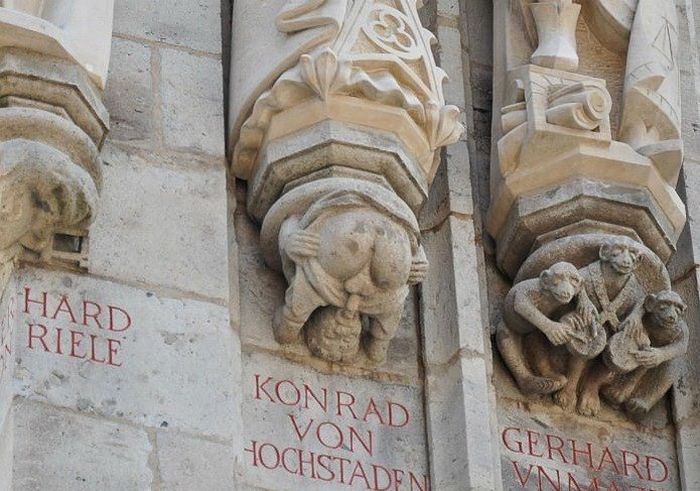|
|
The City Hall, Cologne, Germany
|
By 1180, the citizens of Cologne won a legal battle against Philip I, Archbishop of Cologne, for another extension of Cologne's city walls. With the Battle of Worringen fought in 1288, Cologne became independent from the Electorate and on 9. September 1475 officially gained Imperial immediacy as a free imperial city. In 1388 Pope Urban VI signed the charter for the University of Cologne, Europe's first university to have been established by citizenry. On 14. September 1396 the constitution of Cologne came into effect and the Cologne gaffs and guilds (Gaffeln and Zünfte) assumed power in the council. Following the tradition of Roman consuls, the council was headed by two elected Burgomasters (Mayors) until the year 1797, when council and constitution were replaced by the Napoleonic and later code civil. Since 1815 the city council is led by one Oberbürgermeister (Lord Mayor).
Buildings and building components
|
|









